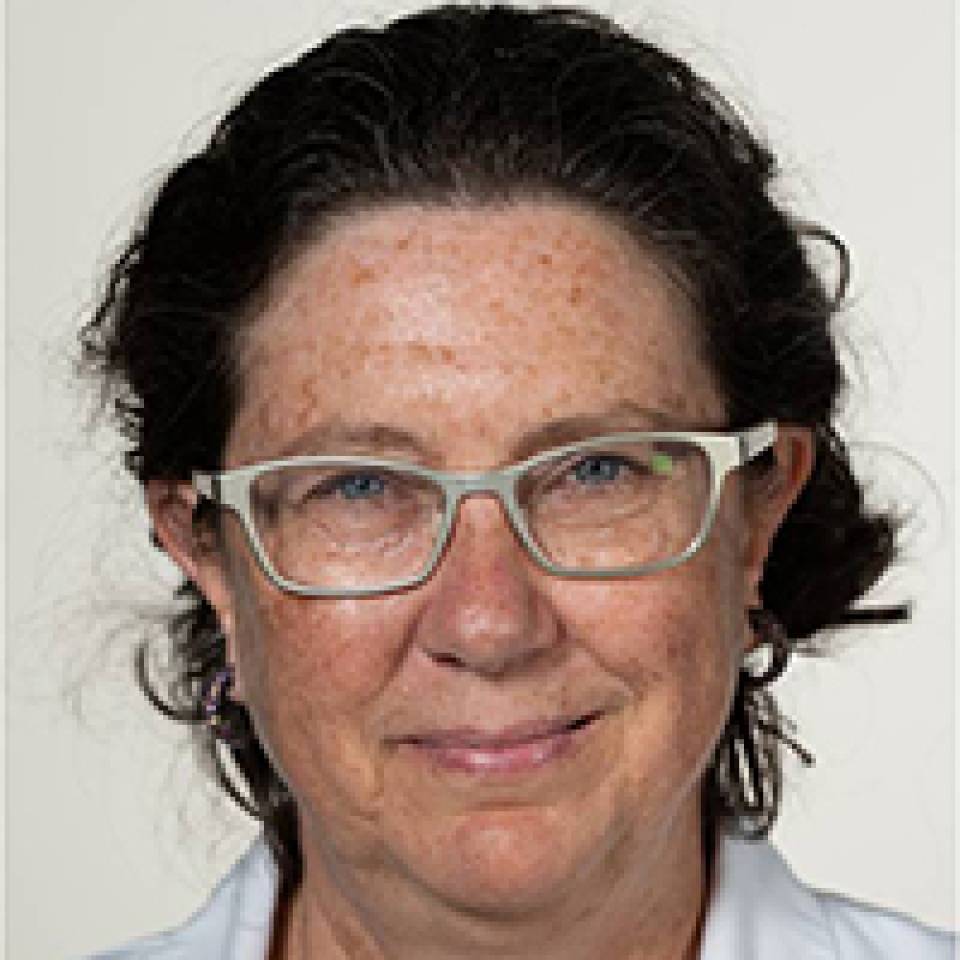- What is it?
- Causes and risk factors
- Symptoms
- Diagnosis
- Treatment
- Evolution of the disease
- Living with the disorder
- Research of lines
- Frequently asked questions
-
The disease at the Clínic
- Equipo y estructura
Prognosis of Depressive Disorder
The prognosis of the illness is usually very much associated with the presence of triggering factors. When the depressive disorder appears totally spontaneously, the prognosis is usually better. On the other hand, when it is associated with some precipitating event or with personality traits of the patient, it usually has a tendency towards becoming chronic (or put another way, a poor response to the treatment).
Acute complications of depressive disorder
The main acute complication to highlight is suicide (or attempted suicide):
- People that suffer from a depressive disorder have a suicide risk of 30 times more than the general population.
- Approximately 15% of patients that suffer from a depressive disorder make at least one suicide attempt.
The existence of any of these factors and, in particular, the combination of several of them, must be seen as a warning of the possibility that a suicide attempt may be made:
- Feeling of deep despair.
- Elevated anxiety.
- Recurrent ideas of suicide.
- Very impulsive or very self-demanding personality. Impulsiveness is particularly associated with an increased risk of a suicide attempt; self-demandingness is mainly associated with a higher risk of accomplished suicide.
- Subjective or objective feeling of loneliness (for example, widowhood).
- Abuse of alcohol or other drugs.
- Co-existence of another serious illness.
- Physical and/or sexual abuse in infancy.
- Previous suicide attempt.
- Family history of suicide or attempted suicide.
Ideas of suicide are one more symptom of the illness.
How to deal with a possible suicide risk
Ideas of suicide in the context of a depressive disorder must be considered as one more symptom of the illness. There is a tendency by medical and non-medical staff to recriminate the person for having these ideas, calling them “coward”, or constantly reminding them that there are “many interesting things in life”, that “life is not that bad” and that “many people will suffer due to your decision”. These critical comments are usually detrimental for the patient.
The person affected by a depressive disorder is usually aware that, objectively speaking, it is not “logical” to want to die, but does not know how to stop that thought, and this inconsistency between objectivity and their thoughts frightens them. For this reason, it would be good idea to be very aware that these types of critical comments must be avoided.
The most appropriate attitude with presence of the ideas of death symptom is usually to communicate to the patient that we understand that, under the pathological state of pessimism common to their illness, they may have or can have these ideas of suicide. In parallel, it obviously has to be remembered that these ideas are provoked by the illness and that, for this reason, specialist help must be sought urgently. That is to say, an attempt must be made so that they don’t feel guiltier. This will help the patients to feel closer to the people around them and, at the same time, more understanding. This increase in confidence helps them to communicate their ideas more clearly and that may be able to confront them with more diligence.
The widely spread idea also has to be rejected is that, those that communicate their wishes to die, do not commit suicide. Independently of whether the warning is a request for help (or, as used to be said, in such a pejorative way, “a call for attention”) or whether it is a real desire to die, probably the best clinical approach may be to consider that everyone that thinks in one way or another in the possibility of dying or self-harm, is experiencing a very high level of suffering. To alleviate this suffering the most appropriate attitude is usually to approach the topic from a medical point of view, without making personal assessments of whether or not it is correct to think of the possibility of committing suicide.
Chronic complications of depressive disorder
The main long-term complication of depressive disorders, particularly in the dysthymia subtypes and major depression, is the increased tendency for relapses.
It is not possible to predict who will have them in a recurrent course and who will not. However, there are certain variables that are associated with a higher or lower tendency to present with new episodes.
- Presence of residual symptoms (symptoms not completely cured).
- The age of the individual at the time of having the last episode. The older the person, a greater tendency to relapse.
- The number of previous episodes.
- The intensity of the dysfunction resulting from maladaptive and change-resistant personality characteristics.
It must be remembered that depressive disorders can have a trigger (for example, a stressful environmental situation), or can apparently be spontaneous. Therefore, it is important to highlight that it is very characteristic of the depressive disorders that the greater the number of previous episodes the more autonomy of the disorder; that is to say, the more previous episodes, it is more probable that the next episode may not have an external trigger.
In Catalonia, it exists the Pla de prevenció del Suïcidi (PLAPRESC). Furthermore, it is worth remembering that, in a large number of countries there are emergency medical services and even telephone helplines. In our environment, help can be received by phoning:
- 061 - Salut Respon. A mental health support service with specialists in nursing, psychology and psychiatry which is available 24 hours a day, 365 days a year for people with suicidal behaviour or ideation, as well as their relatives or people close to them.
- 112 - Hospital emergency telephone.
- Telephone of Hope. A helpline that provides urgent, free, anonymous, and specialised support (by trained non-healthcare volunteers) to manage emotional crisis situations. It offers a 24/7 phone service, chat counselling, in-person support, and group help for specific crises.
- Barcelona City Council Suicide Prevention Helpline. The 900 925 555 is a free helpline set up by the Barcelona City Council to prevent suicide. It operates 24 hours a day, 365 days a year. Its trained professionals and volunteers (non-healthcare) provide support not only to people at risk of suicide but also to their relatives, friends, and co-workers.
- Konsulta’m. A psychological support service aimed at young people, adolescents, and adults, staffed by mental health professionals. Its goal is to detect and address emotional distress and mental health problems preventively. It is an anonymous and free service, available in all districts of Barcelona without the need for an appointment.
Substantiated information by:


Published: 3 April 2018
Updated: 15 July 2025
Subscribe
Receive the latest updates related to this content.
(*) Mandatory fields
Thank you for subscribing!
If this is the first time you subscribe you will receive a confirmation email, check your inbox


